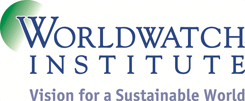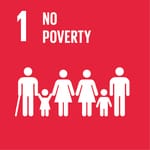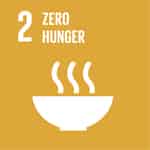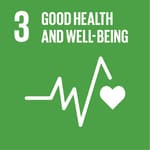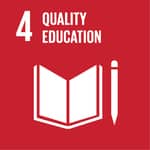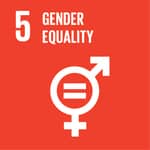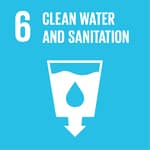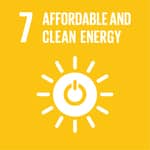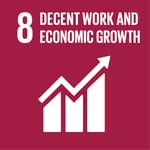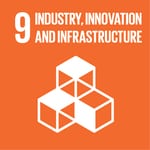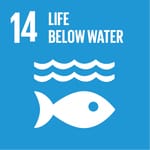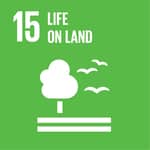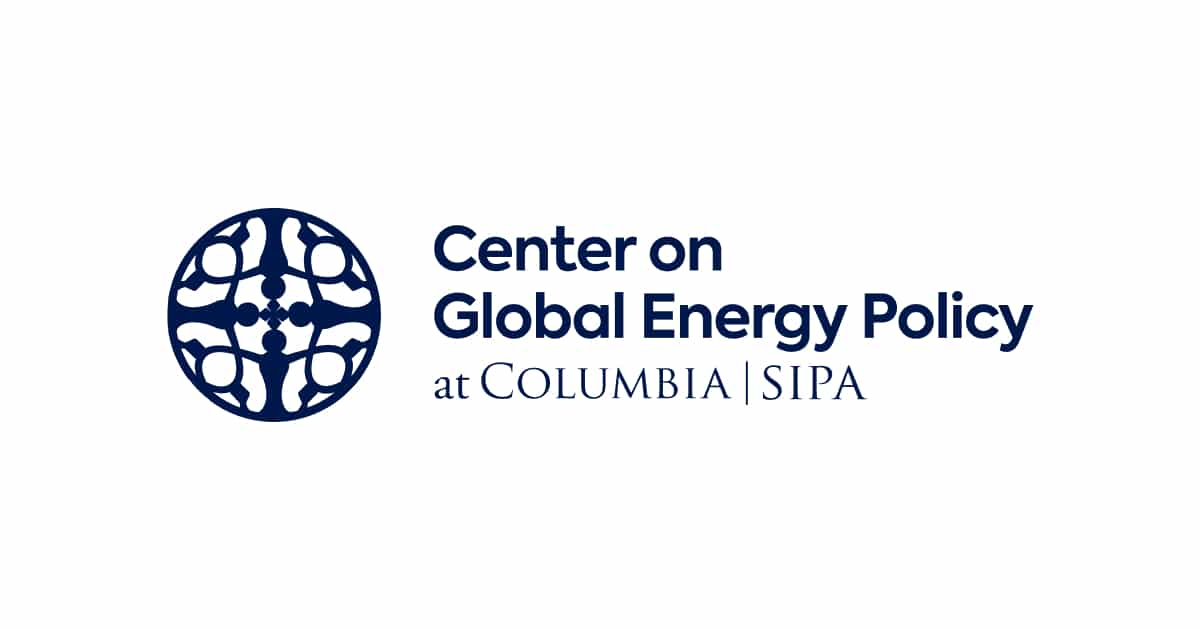It offers an abundant amount of fact-based analysis and publications on critical global issues. The organization had a mission “to accelerate the transition to a sustainable world that meets human needs” through universal access to renewable energy and nutritious food, expansion of environmentally sound jobs and development, a transformation of cultures from consumerism to sustainability, and an early end to population growth through healthy and intentional childbearing.
The institute was wound up in 2017, after the publication of its last State of the World Report. Worldwatch.org was unreachable from mid-2019. A Twitter feed remains as of 2021.
HIGHLIGHT:
Annual “State of the World” reports, translated into 15 languages. “SOTW” assembles a wide range of well-edited, leading-edge thinking on sustainability topics:
-
- SOTW2017: EarthEd (392p.) – A diverse group of education experts share innovative approaches to teaching and learning in a new era. Topics include systems thinking for kids, the importance of play in early education, social emotional learning, comprehensive sexuality education, indigenous knowledge, sustainable business, medical training to treat the whole person, teaching law in the Anthropocene, etc.
- SOTW2016: Can a City Be Sustainable? (448 p.) – Experts from around the globe examine the core principles of sustainable urbanism and profile cities that are putting them into practice. Chapters include: cities as cultural spaces, sustainable cities, cities as complex systems, cities and greenhouse gas emissions, the role of energy efficiency in buildings, energy democracy, etc.
- SOTW2015: Confronting Hidden Threats to Sustainability (165p.) – On stranded assets, migration, agricultural resources, ocean resilience, Arctic sustainability, emerging diseases from animals, food insecurity, financial assets drained of value by environmental damage, a rapid rise in diseases of animal origin, etc.
- SOTW2014: Governing for Sustainability (294p.) – Chapters on today’s failing governance, sustainability and evolution, ecoliteracy, living in the Anthropocene, listening to young and future generations, understanding the failure to pass US climate legislation, China’s environmental governance challenge, the role of local governments and corporations, making finance serve the real economy, climate governance and the resource curse, and energy democracy.
- SOTW2013: Is Sustainability Still Possible? (441p.) – Has chapters on respecting planetary boundaries, defining a safe and just space for humanity, one-planet living, sustaining freshwater, conserving nonrenewable resources, re-engineering cultures, building a sustainable and desirable economy, transforming corporations, assessing energy alternatives, building political strategies, and promises and perils of geoengineering.
- SOTW2012: Moving Toward Sustainable Prosperity (241p.) – Includes chapters on nine strategies to stop world population growth short of 9 billion, “degrowth” in overdeveloped countries, making the Green Economy work for everyone, sustainable transport and urban development, a new global architecture for governing sustainability, food security, protecting biodiversity, sustainable buildings, etc.
- SOTW2011: Innovations that Nourish the Planet (237p.) – Discusses a new path to ending hunger, moving eco-agriculture into the mainstream, getting more crops per drop of water, local food biodiversity, investing in trees to mitigate climate change, reducing post-harvest losses, and investing in Africa’s land.
Note: Worldwatch was founded by Lester R. Brown, who served as president for 26 years until 2001 when he founded the smaller (and more manageable) Earth Policy Institute to focus on a plan for “saving civilization.”

